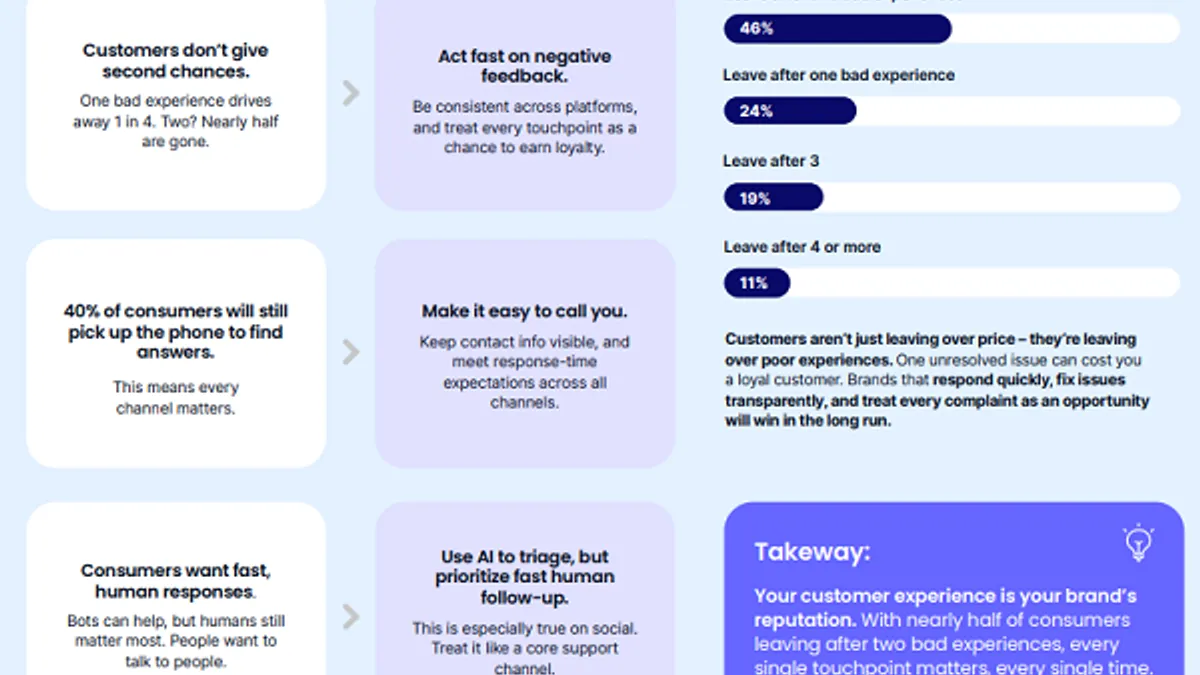Federal agencies and lawmakers are taking aim at technology and cellular companies that collect sensitive geolocation data from people’s mobile devices. The heightened scrutiny may have repercussions for brand marketers who rely on the data as a valuable indicator of consumer behavior.
Mobile privacy has become a hot-button issue as a consequence of the Supreme Court’s decision on June 24 to overturn Roe v. Wade, the ruling that established the constitutional right to abortion. Since then, lawmakers and regulators have voiced fears that location data could be used by law enforcement in states that restrict abortion to identify women who have sought the procedure.
“When consumers use apps on their phone and quickly tap ‘yes’ on ‘use geolocation data pop-ups, they should not be worried about the endless sale of their data to advertisers, individuals or law enforcement,” said letters sent to Amazon and Oracle this month that were written by a group of House Democratics asking for more information about their data policies. “Data collected and sold by your company could be used by law enforcement and prosecutors in states with aggressive abortion restrictions.”
The Federal Trade Commission also said it would crack down on the illegal use and sharing of highly sensitive health data collected through smartphones, connected cars, wearable fitness trackers, smart-home products and web browsers. In addition, the Federal Communications Commission began an investigation into how the biggest wireless companies handle personal information including geolocation data.
The renewed concern about geolocation data privacy comes as more marketers rely on the information to gain insights into consumer behavior. People’s visits to stores, restaurants, movie theaters and other places can help advertisers to evaluate the effect of ad campaigns on foot traffic. Meanwhile, almost three quarters (71%) of marketers use the data to serve location-based advertising to connected devices, according to a study by location data company Foursquare.
Concerns about privacy have the potential to affect marketers as lawmakers are pushed to the tipping point of approving a federal privacy law that limits how businesses including big technology companies can collect, store and use people’s data. The proposed American Data Privacy and Protection Act, which this month advanced out of the House Energy and Commerce Committee in a significant step toward becoming law, would greatly restrict the transfer of “precise geolocation information.” The information typically can be gathered through connected devices such as smartphones.
The proposed law hasn’t been approved by the full House and Senate, and also faces objections from several state attorneys general who don’t want to see their stronger privacy standards pre-empted. Under the privacy bill, consumers would be allowed to opt out of targeted advertising and the transfer of data covered by the law to third parties such as data brokers. They also would have the right to access, delete, correct and export certain kinds of data.
Finding other data signals
With the possibility that a federal law will give consumers more control over their personal data — and the ability to sue businesses that violate the law — marketers may need to reconsider how they use people’s personal information for ad targeting. Other data signals, such as contextual information about where their advertisements appear, are likely to regain their significance.
“We've been pushing marketers to think about what is the future of ad targeting,” Stephanie Liu, a privacy and marketing analyst at consulting firm Forrester, said in a phone interview. “Today, unfortunately, a lot of it is conversations with marketers on how they can maintain the status quo.”
Keeping things as they are includes grouping audiences into segments based on personal information gathered directly from consumers and through data brokers. Liu said these practices have resulted in an inferior consumer experience that is damaging to brands.
“We need to discuss the frustrations, the creepy experiences that we've created for consumers that have irritated them,” she said, “and think about what a better path forward is, where there's more transparency and they [consumers] understand what data is being captured on them and how it’s used.”
Marketers have sought an alternative to tracking cookies that help to identify consumers as they visit different websites, especially after Google first announced in January 2020 that it would deprecate the technology in its popular Chrome browser. The company this week again delayed those plans, this time until the second half 2024. The announcement came several weeks after Google said it would quickly delete the location history for people who visit medical facilities such as abortion clinics — another sign of how the overturning of Roe v. Wade is driving the debate about geolocation privacy.
“The targeting mechanisms that we've taken for granted — the fact that we can build very specific segments of people who walked by a competitor’s store — the writing’s on the wall that that level of granularity is most likely not going to last for much longer,” Liu said.
Potential federal restrictions on geolocation data would follow the major disruptions that Apple caused last year with its introduction of App Tracking Transparency (ATT). The privacy measure warned consumers when apps asked for data that advertisers use for targeting, and required customers to opt into data sharing.
“Data vendors and location-based advertising providers will probably be impacted by changes in laws about the use of location data,” Omri Argaman, chief growth officer of mobile marketing platform Zoomd, said by email, “but for most marketers, Apple’s App Tracking changes and the coming end of the cookie will have a more significant impact.”






















